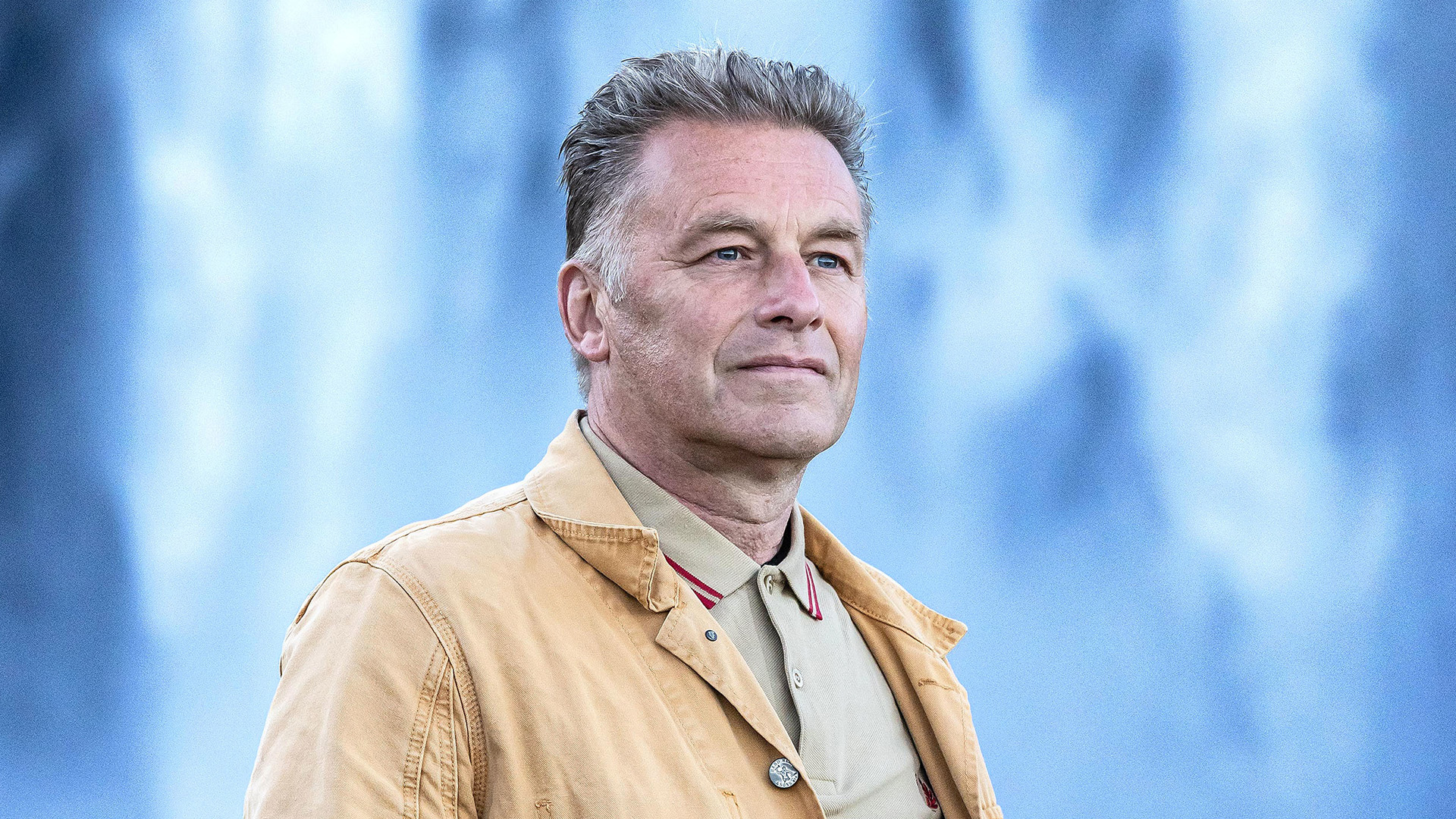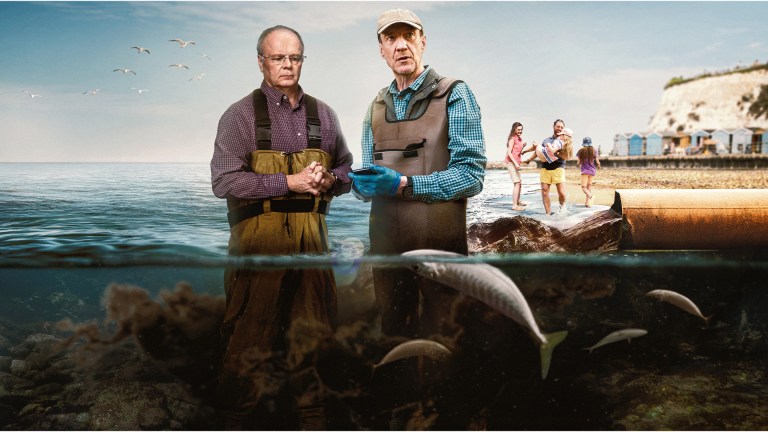On the day this documentary airs, prime minister Rishi Sunak chose to renege on the government’s net zero targets. This came in the wake of granting more than 100 new oil and gas licences in the North Sea.
Like many who are watching on with disbelief and fury at government inaction or worse, Packham is questioning how far he is now willing to go.
“For years, I’ve been marching, I’ve been writing banners, I’ve been posting posters, I’ve been a peaceful democratic activist. But none of it has worked,” he says. “Perhaps I have to take another route. Does that other route mean that this is the time for me to break the law?”
And that is what this vital documentary asks. Packham is on a quest to discover whether he is willing to follow Extinction Rebellion, Just Stop Oil and others in taking non-violent protest to new levels.
On his mission, he seeks out key voices. While no one from the government is willing to speak on camera, Conservative peer Lord Peter Lilley – who serves on the House of Lords environment and climate change committee – meets Packham.
“I think the world has been made richer by consuming fossil fuels,” says Lilley.
Advertising helps fund Big Issue’s mission to end poverty
Little wonder Packham is considering breaking the law. Another Tory peer, Lord Deben, takes the opposite view. He’s fiercely critical of the government’s stance, though keen to stressing the need to stay within the law. “A whole generation of people are waking up to the fact that we have destroyed their future.”
Greta Thunberg has been vital in waking up so many millions of people to the dangers of the climate catastrophe. And she has been on a similar journey to Packham. The pair meet in Sweden (Packham travels to Sweden by train via Belgium and Germany) to discuss why worldwide protest – particularly by young people – is not being reflected in worldwide action.
Thunberg, it seems, has made her mind up on the question of whether she is willing to break the law to further her mission to save the planet.
“For me, breaking the law – as long as it doesn’t endanger anyone or harm anyone – is not that big of a deal,” she says.
“The laws we have now don’t protect us long term from ecological collapse. We do have some plans. I can’t share them because they are not completely legal.”
However, Thunberg also offers a note of optimism – sharing a mantra she tells herself with Packham. “One year with the right mindset will achieve more than 30 years with the wrong mindset.”
Advertising helps fund Big Issue’s mission to end poverty
Packham travels with young Just Stop Oil protesters Ella and Sean. They are about to risk arrest by throwing orange paint on the headquarters of think tank Policy Exchange – who helped draft policy legislation to crack down on protesters.
The young protesters are quietly terrified. “When I look at them, I can’t help but have enormous empathy for them,” says Packham.
Packham’s compassion comes across throughout the film. Whether he is visiting campaigner Marcus Decker – who is serving a cruelly long sentence for disrupting traffic and faces deportation – or observing young activists, he truly cares about the people and the mission.
“The people that are standing up and taking the fight are those young people. I share their desperation. I share their fear. And I share their sense of urgency,” he says.
But should he break the law? Or is making this film (and brilliant recent series Earth), being one of the most visible campaigning figures – a true radical in mainstream – and one of the finest communicators about the climate catastrophe enough?
Chris Packham: Is it Time To Change The Law? is on Channel 4 on Wednesday September 20 at 9pm
Advertising helps fund Big Issue’s mission to end poverty









